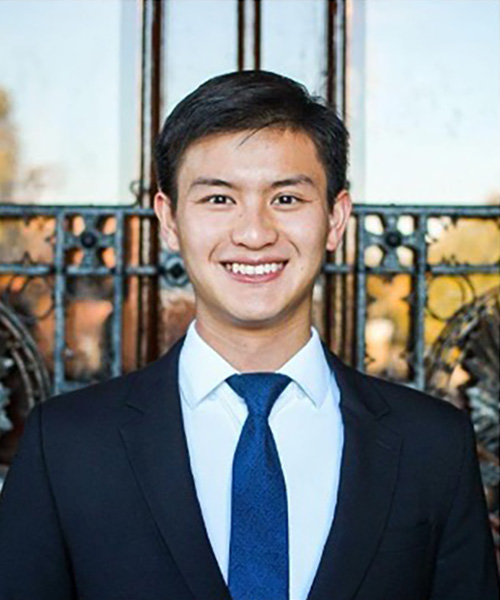
Building Personal Connections Across the World
Bennie Chang | May 15, 2025
Responding To: Georgetown Students Reflect on Virtual Exchanges with Tsinghua University
Zifei Zhao
The relationship between the American and Chinese people is great—it’s the leaders of both nations who need to find common ground and work together.
From Rednote (小红书) to TikTok, Americans and Chinese are increasingly sharing their culture and norms with each other, basking in a shared humanity in an increasingly complex and competitive world. Yet, beyond one-on-one interactions with each other, news outlets blare headlines of trade wars and security concerns, warning of the ever-growing tensions between the United States and China.
Over the course of our four-week U.S.-China Student Dialogue, we were tasked with discussing and (possibly solving) issues of business and trade, security, artificial intelligence (AI) and technology, and climate change. While many of these topics are contentious and controversial right now, I was struck by the ease of conversation that ebbed and flowed between the Georgetown University and Tsinghua University students. The dichotomy between news headlines blaring about growing tensions between the two countries and the friendly conversations between the students of different backgrounds, serving as delegates for our respective countries, was salient.
We kicked off our dialogues with a striking quote, squeezed with a hint of humor: “The United States and China are obsessed with each other.” This unique obsession between these two powerful and dominating countries, racing to be the top economy of the world, is what provokes our dialogue and the current state of world affairs today.
Diving into our dialogue on business and trade, we were posed with the unique backdrop of “Liberation Day,” marking President Donald Trump’s implementation of 10% tariffs on all imported goods into the United States, with the average tariff on Chinese exports standing at 124.1%. In retaliation, China’s tariffs on U.S. exports now stand at an average of 147.6%. Our sharing of these growing economic tensions also led to discussions of rising nationalism in our increasingly globalized world, highlighting questions of not only how these tariffs will affect our countries’ economies but also how our societies will survive as our world becomes increasingly connected and reliant on each other, a concern that extends beyond just the United States and China.
Next, our dialogue on peace and security touched on issues of data security. While we debated issues of data privacy, the Georgetown students were more wary of data collection from governments and corporations, while the Tsinghua students saw it more as a necessary component. Our conversations reminded me of welfare state, culture, and selectorate theories from my comparative political systems class. Chinese citizens were more willing to give up some of their data privacy for security and safety, showcasing a more collectivist attitude, while American citizens prized their privacy more, showcasing a more individualistic attitude. We were all essentially products of our upbringings.
Lastly, our dialogues on AI technology and climate change were able to bring out our motives for the U.S.-China Student Dialogue program itself—we wanted to emphasize collaboration in our increasingly competitive world. For many of us, we saw AI and climate change as ways to bring our two countries together, rejecting the idea that these issues would be zero-sum games, and instead, chances for us to work together to come up with solutions to these global problems that inevitably affect everyone. For me, this dialogue was an opportunity to learn about the difference between AI safety (technological risks of AI programs themselves) and AI security (risks from human usage of AI), as well as reflect on the United States refusing to sign the AI Paris Agreement, which would have been a declaration of commitment to inclusive and sustainable AI use and development.
In a world of increased tensions and daily, daunting headlines, the U.S.-China Student Dialogue provided a humanistic respite and feel to our glaring news articles, emphasizing collaboration and a shared humanity.
Zifei Zhao (SFS/B’27) is a student at Georgetown University studying business and global affairs.

Bennie Chang | May 15, 2025

Aanika Veedon | May 15, 2025

Luke Hughes | May 15, 2025
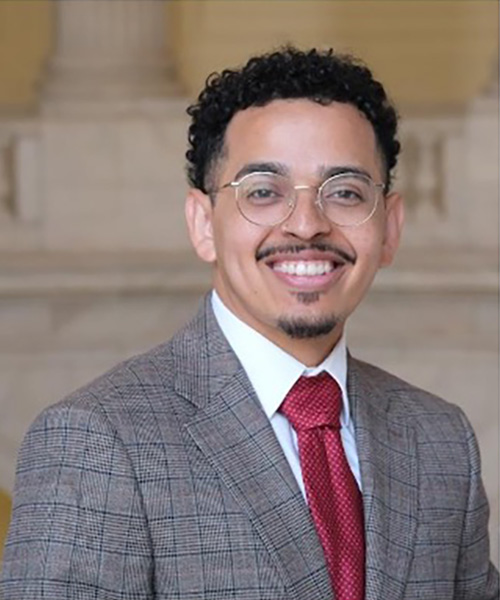
Daniel Castro Bonilla | May 14, 2025

Emmy Ekstrand | May 14, 2025

Isabella Stratta | May 14, 2025

Lam Tran | May 14, 2025
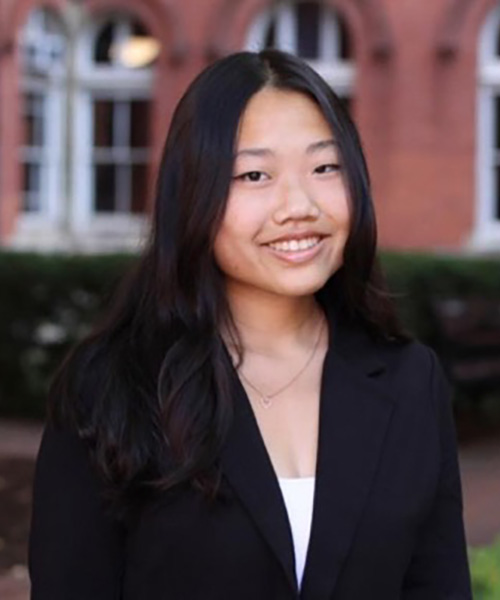
Maggie Yang | May 14, 2025

Tiffany Cowan | May 14, 2025

Drew Zacharias | May 14, 2025
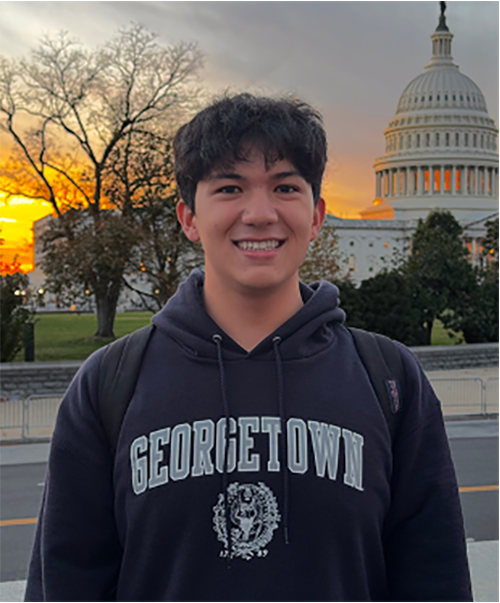
Patrick Coggin | May 14, 2025
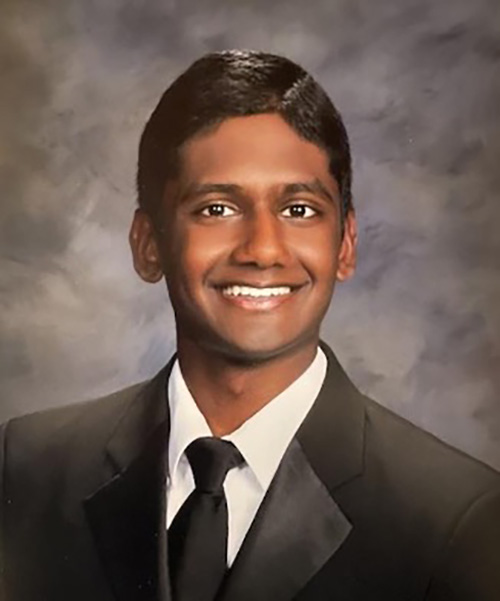
Raghav Akula | May 14, 2025